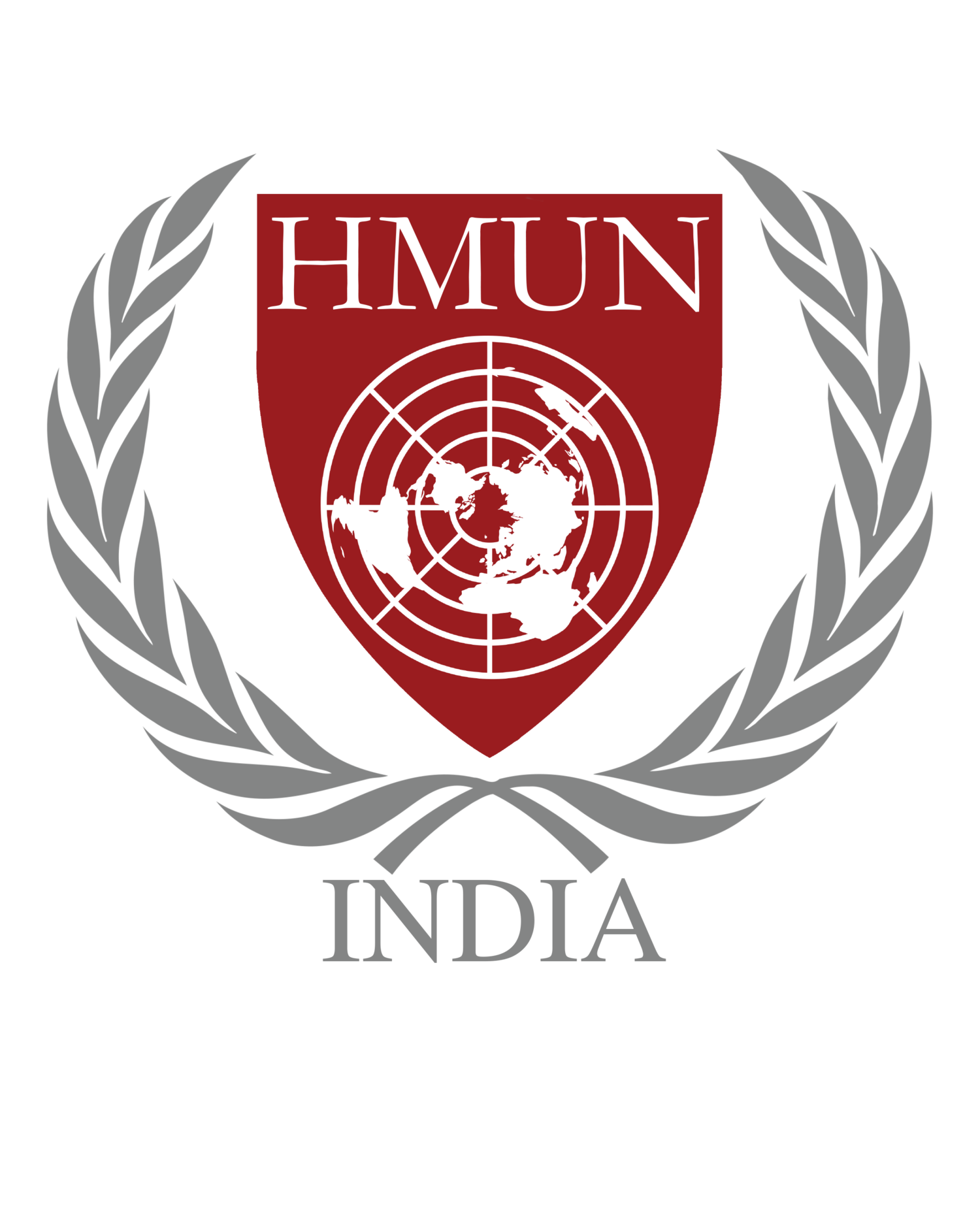World Conference
on Women
Topic: Increasing Access to Education and Reproductive Freedom
About
In the pursuit of global development and sustainable progress, ensuring educational equity for girls stands as a cornerstone imperative. Across the world, millions of girls face systemic barriers hindering their access to quality education. To address this, comprehensive strategies encompassing policy reforms, community engagement, and nuanced action are paramount. International cooperation is indispensable in realizing such educational equity for girls. Collaborative efforts between governments, NGOs, and international organizations can facilitate resource-sharing, capacity-building, and knowledge exchange, with the potential for such efforts to play a pivotal role in mobilizing funds and expertise to bolster educational initiatives worldwide. The goal of each delegate should be to formulate solutions that ensure educational equity through the most substantive methods, acknowledging that by prioritizing girls' education as a fundamental human right and a catalyst for sustainable development, we pave the way for a more inclusive and prosperous future for all. The protection and advancement of women’s health and reproductive rights represent essential components of gender equality and human dignity. Yet, millions of women worldwide continue to face formidable obstacles in accessing comprehensive healthcare services, including reproductive healthcare, maternal care, and family planning. Addressing these challenges requires a holistic approach that prioritizes women’s autonomy, bodily integrity, and equitable access to healthcare services. Accessible and affordable healthcare facilities, particularly in underserved areas, are imperative to ensure that no woman is left behind. Moreover, combating stigma and discrimination surrounding women’s reproductive choices is paramount. Education campaigns and community outreach initiatives can challenge harmful misconceptions and cultural taboos, fostering an environment of acceptance and support for women’s reproductive autonomy. The goal of each delegate should be to engage in conversation that prioritizes actionable, effective policies, with a concerted effort to uphold women’s autonomy, eliminate stigma, and ensure equitable access to comprehensive healthcare services.
Director
Saarah hassan
Saarah Hassan is a rising sophomore at Harvard College concentrating in Government with a secondary in Global Health and Health Policy. Originally Palestinian, she grew up in Mankato, Minnesota. Saarah joined Harvard's Intercollegiate Model UN team in her first semester and has since competed in the Intercollegiate Model UN circuit, traveling to three conferences in her first year. She served as the Director of the NATO 1955 ECO-SOC committee at HNMUN 2025 and is currently the Deputy Director of GA Training on the intercollegiate team. Beyond Model UN, Saarah is actively involved in theater at Harvard, the World Pre-Health Conference, and Youth Lead the Change. In her free time, she enjoys listening to show tunes and going on late-night drives with friends. Saarah is thrilled to serve as the Director of the World Conference on Women for HMUN India 2025. She eagerly anticipates an incredible conference and can’t wait to meet everyone in August!

